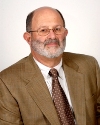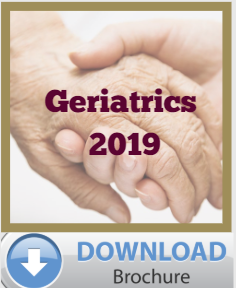
Andrew P. Goldberg
Professor and Head
University of Maryland School of Medicine
United States
Biography
Andrew P. Goldberg, MD is Professor of Medicine, Head, Division of Gerontology and Geriatric Medicine, at the University of Maryland School of Medicine (UMSOM). He is Principal Investigator of the UMSOM Claude Pepper Older Americans Independence Center and NIA training program in exercise, nutrition and metabolism in aging, and Co-Director of the UMSOM Center for Research on Aging. Dr. Goldberg leads clinical and translational research examining the whole body, adipose, muscle and genetic mechanisms underlying the cardiometabolic effects of weight loss with and without aerobic exercise training on lipid and glucose metabolism and functional capacity in obese older people with diabetes, metabolic syndrome, stroke and ICU survivors. The goals are to understand mechanisms of disease, and develop novel exercise rehabilitation and dietary interventions to transform health care practices to reduce risk for complications of chronic disease and disability in older adults. He has published >200 peer-reviewed manuscripts, and mentored >60 pre- and post-doctoral trainees and junior faculty in clinical aging, exercise and metabolism research. He is nationally recognized for his achievements in geriatrics with award of the 2008 Joseph T. Freeman Award from The Gerontological Society of America and the 2009 Master Teacher Award in Geriatric Medicine and Gerontology from State University of New York Downstate Medical Center.
Research Interest
Gerontology and Geriatric Medicine, exercise, nutrition and metabolism in aging, Research on Aging. clinical and translational research examining the whole body, adipose, muscle and genetic mechanisms underlying the cardiometabolic effects of weight loss with and without aerobic exercise training on lipid and glucose metabolism and functional capacity in obese older people with diabetes, metabolic syndrome, stroke and ICU survivors. The goals are to understand mechanisms of disease, and develop novel exercise rehabilitation and dietary interventions to transform health care practices to reduce risk for complications of chronic disease and disability in older adults, clinical aging, exercise and metabolism research.

